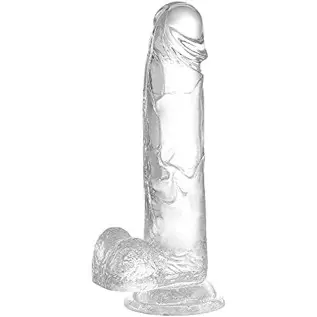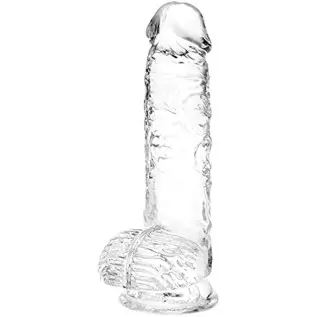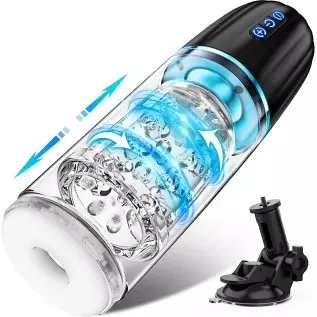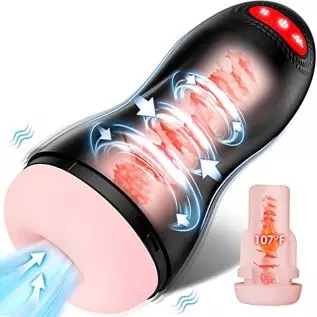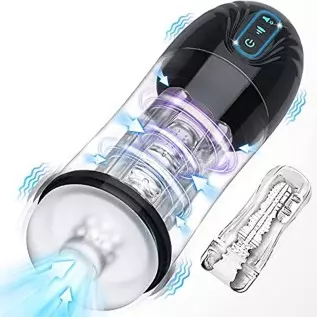Will I get pregnant if I have sex during my period? How should women take care of themselves during menstruation?
Some women will have some uncomfortable symptoms before menstruation, but there are also some women who have particularly strong sexual desire before or during menstruation. We all know that it is best not to have sex during menstruation. So, will you get pregnant if you have sex during your period? How should women take care of themselves during menstruation?
Will I get pregnant if I have sex during my period?
This problem troubles many couples or lovers. Once the sexual desire comes, does it matter whether it is the menstrual period or there is a safe period?
Although the chance of getting pregnant during your period is slim, you can sometimes get pregnant during your period if you have sex during your period. This rare event usually occurs when your menstrual cycle is very short.
Because at this time, the time of your ovulation is closer to the time of your menstruation. If your menstrual period lasts for a long time and the ovulation period is closer to the end of menstruation, then the possibility of getting pregnant during menstruation is higher.
Obstetrics and gynecology experts remind: During menstruation, sexual intercourse will cause pelvic congestion due to excitement. Frequent pelvic congestion will cause menstrual disorders and dysmenorrhea.
Having sex during menstruation can cause various gynecological diseases, such as endometritis and pelvic inflammatory disease. Endometriosis can also be caused by the reflux of menstrual blood.
Pay attention to keeping the vulva clean during menstruation and avoid having sex during menstruation.
The resistance to blood loss during menstruation decreases, and the pH value in the vagina changes. At the same time, the wound due to the shedding of the endometrium is not repaired in time, which reduces the local defense and makes it more susceptible to infection. Menstrual blood is an excellent culture medium, which can easily cause infection to ascend and spread through blood vessels.
Those with original gynecological inflammation are more taboo. Sexual excitement causes blood vessels to constrict, which can easily lead to pelvic congestion and edema, causing menstrual irregularities and dysmenorrhea. Having sex during menstruation may cause menstrual blood to flow backwards in endometrial cells, causing endometriosis.
Having sex during menstruation may result in incomplete shedding of the endometrium and even infertility. There will be endless troubles! During menstruation, make sure your private parts are clean and dry, wash them frequently, and pay attention to nutritional supplements, especially iron supplements. At the same time, sexual intercourse is prohibited.
How should women take care of themselves during menstruation?
1. Cleanliness
During menstruation, you should keep your vulva clean and scrub it with warm water every night. It is not advisable to take a tub bath or a sitz bath. It is better to take a shower. Sanitary napkins and paper should be soft and clean, and it is best to use high-pressure disinfection. Menstrual belts and underwear should be changed frequently. Wash to reduce the irritation of blood stains on the vulva and inner thighs. After washing, scald with boiling water and dry in the sun for later use. Disinfected gauze towels and toilet paper should be used for menstrual mats. Wipe from front to back after defecation to prevent dirt from entering the vagina and causing vaginitis or uterine inflammation.
2. Eat in moderation
During the menstrual period, due to the dissipation of menstrual blood, adequate nutrition is needed; the diet should be light and mild, easy to digest, and do not overeat raw or cold foods. Cold will cause blood to coagulate, which can easily cause dysmenorrhea, heavy menstruation or sudden interruption. Do not overeat spicy, fragrant, and dry foods to reduce uterine bleeding. Drink more boiled water, eat more fruits and vegetables, and keep your bowel movements smooth.
3. Regulate emotions
Emotional abnormalities are one of the important pathogenic factors, and the impact of mental emotions on menstruation is particularly obvious. Therefore, during menstruation, you must maintain emotional stability, feel comfortable, and avoid adverse stimulation to prevent irregular menstruation.
4. Balance work with rest
During menstruation, you can work, study, and engage in general physical labor as usual, which can promote blood circulation in the pelvic cavity, thereby alleviating back pain and lower abdominal discomfort. However, heavy physical labor and strenuous exercise should be avoided, as overexertion can cause excessive pelvic congestion and cause menstruation. Excessive menstruation, prolonged menstruation, abdominal pain and backache, etc.; and ensure adequate sleep to maintain sufficient energy.
5. Avoid sexual intercourse
During the menstrual period, the endometrium peels off and bleeds, there are fresh wounds in the uterine cavity, the cervix opens slightly, the acidity of the vagina decreases, and the ability to defend against germs is greatly reduced. Having sex at this time can bring in bacteria and easily lead to inflammation of the reproductive organs. If the fallopian tubes are inflamed and blocked, it can also cause infertility. It can also cause prolonged menstruation and even unstoppable metrorrhagia. Therefore, women should refrain from sexual intercourse during menstruation to prevent infection.
6. Do not use medicine indiscriminately
Generally, women experience slight discomfort during menstruation, which resolves on their own after menstruation and does not require medication to prevent interference with the normal process. If you experience unbearable abdominal pain or excessive bleeding that does not stop for a long time, you need to be examined and treated by a doctor. Do not use random medicines yourself.
7. Suitable for cold and warm conditions
Pay attention to climate changes, especially avoid exposure to high temperatures, the sun, wind, cold, rain, wading, swimming, washing your hair and feet with cold water, or sitting in the cold for a long time.





